“I was never one for arriving early to a match with a game plan, I preferred to rely on instinct.” - photographing World Cups with Mark Leech
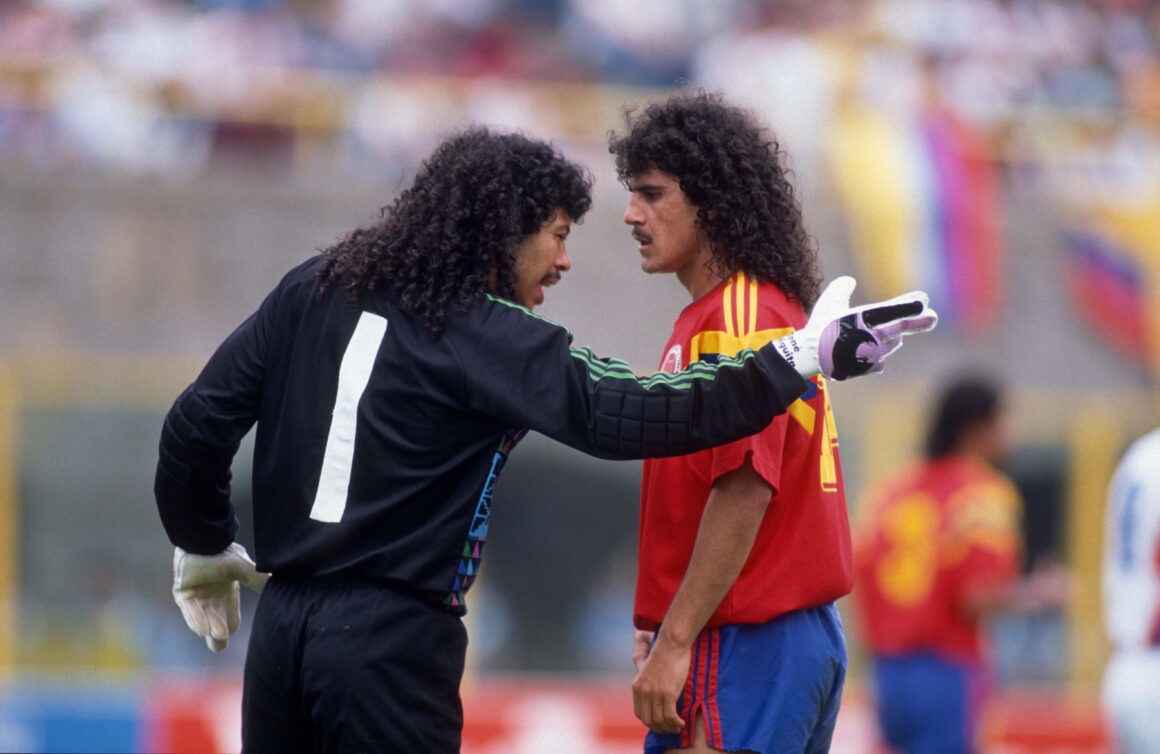
Welloffside: 40 years photographing the World Cup.
Celebrating having shot at FIFA World Cups for 40 years this year, esteemed sports photographer Mark Leech of Offside Sports Photography’s archive is significant. Having distilled some of the most influential, emotional and dramatic moments from World Cup history, he indulges us in his story as a professional photographer. With the unpredictability of the sport driving his passion for football, discover some of the best hits from his archive. Evolving with the sport over the decades, Leech offers up his first hand experiences from breaking into the football photography industry, to his most memorable moments and his career evolution.
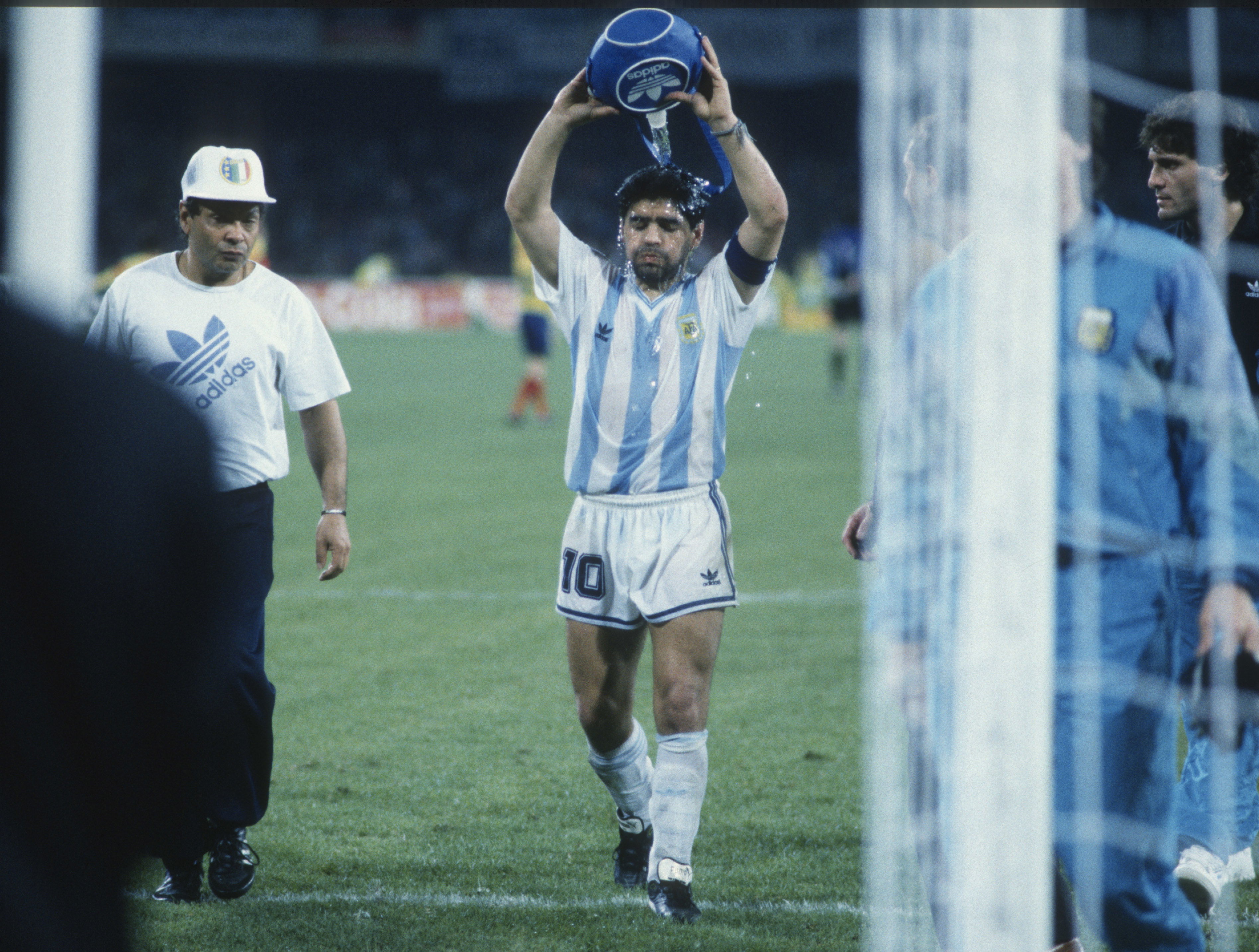
What is it about shooting football and your passion for the game that has sustained over your time as a sports photographer?
The reason it keeps an almost childlike interest for me is the unpredictability of football. Nobody knows what will happen and the dullest matches can suddenly burst into life. The athleticism of the players appears more impressive with every year, as I get older and slower myself.
Starting out, what were a couple of the biggest challenges you faced as a young professional shooting World Cup games?
Every photographer at the World Cup in Spain 1982 appeared more professional, with better equipment than me and this was intimidating. But when I saw some of their work, I thought that I could match their photographic ability.
How did you break into the industry as a professional sports photographer?
My exam results were very bad at sixteen years old and after two dull jobs, I went to London to a recruitment office. They asked what I was interested in and my reply was “Football”. No surprises that they had nothing suitable, but a day later they called me and said that an agency was asking for a trainee sports photographer. This meant working in a badly ventilated dark room with hazardous chemicals for long hours to be paid only £12 per week, but I took the job and learned from the photographers as they brought back their film from events.
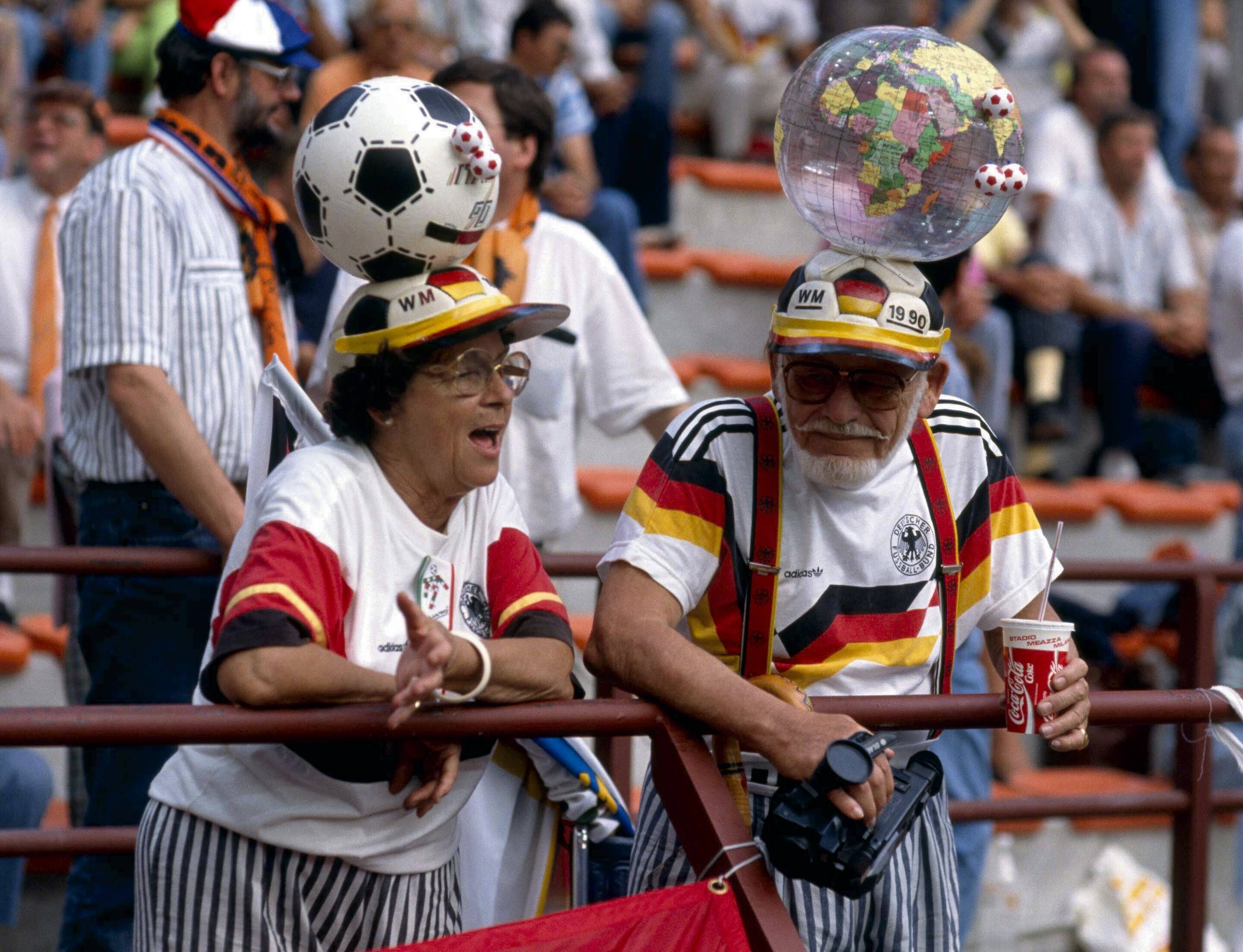
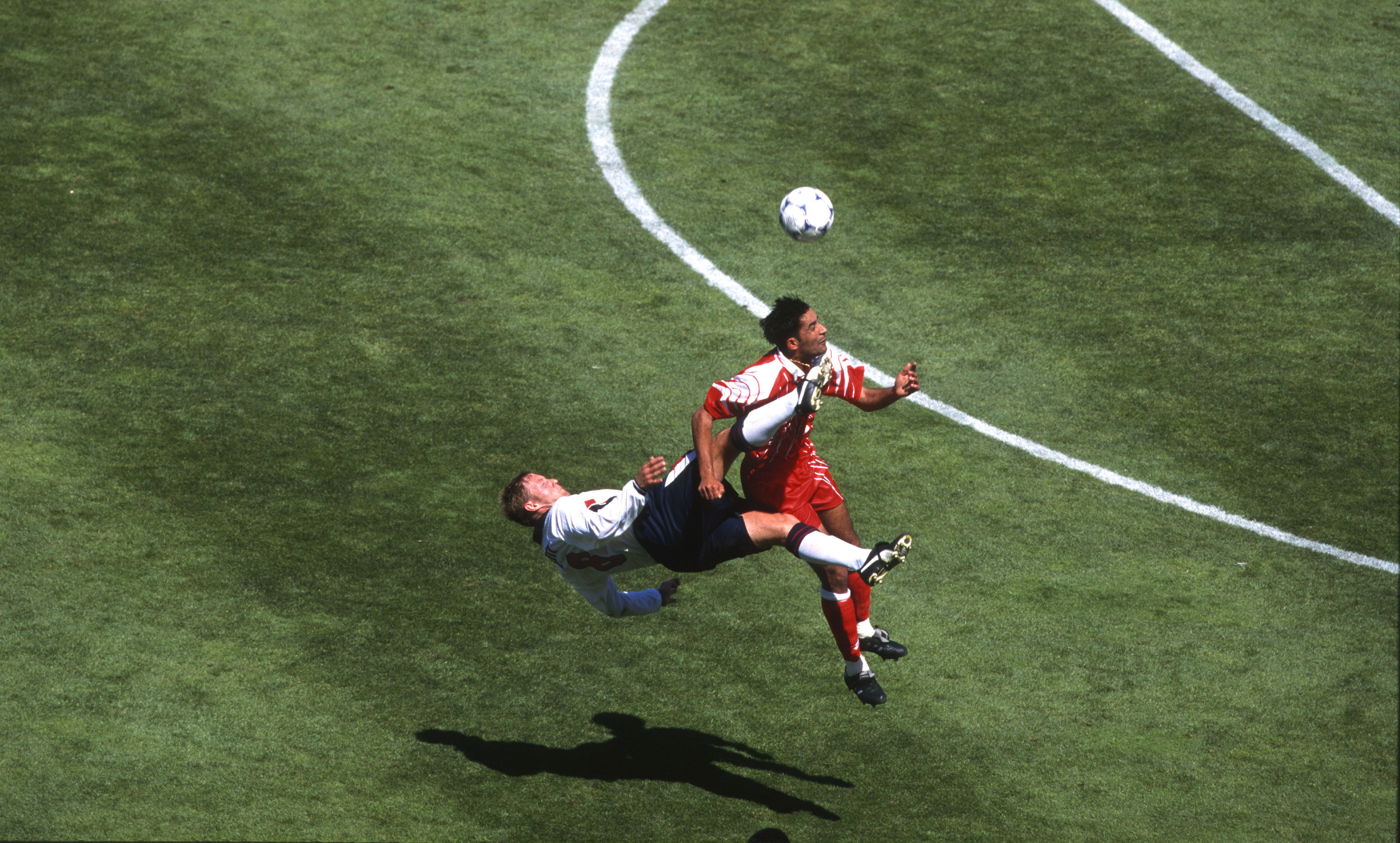
This summer marks 40 years since you shot your first FIFA World Cup – what are some of the most memorable events you’ve photographed that influenced you as a professional sports photographer?
Going to Paris for the Bayern Munich versus Leeds United UEFA European Cup Final in 1975 was an incredible event. I was 18 years old, had never been outside the UK and landed in a riot in the Parc des Princes, with missiles flying around my head. I thought I coped very well and got lots of photos used in the newspapers from dangerous positions but no praise from my bosses. The praise came from older photographers in London, which gave me confidence. I later discovered that a TV cameraman had lost an eye, it really was horrific.
Can you tell us a little about your archive and any of the highlights throughout your World Cup career?
I still have most of the images that I’ve shot but my photos of the Italy-Poland semi-final had all been stolen from the laboratory in Barcelona, after I’d taken two days off on the Costa Brava in 1982.
The Italian matches against Brazil and Argentina in 1982 were two of the most intense matches that I’ve covered. I don’t regret exchanging the final England match under the floodlights in Madrid for the beautiful afternoon light of Barcelona, which required me to drive my old VW camper overnight on badly lit roads for over 600km, as the motorway tolls were too expensive for me. England drew 0-0 with Spain and were eliminated and I was witnessing Zico, Socrates, Maradona and Rossi in the sunshine.
The most intense match for me ever was the Argentina versus England match in Saint-Etienne at the 1998 tournament. As usual, I was working alone so I chose to work from an elevated position on halfway. The match was 2-2 at half time but the real drama happened at the start of the second half with David Beckham being shown the red card immediately below me. Then came a disallowed England goal, with the match re-starting as half the team were still celebrating, followed by a losing penalty shoot out (of course!), followed by the tears of 18 year old Michael Owen.
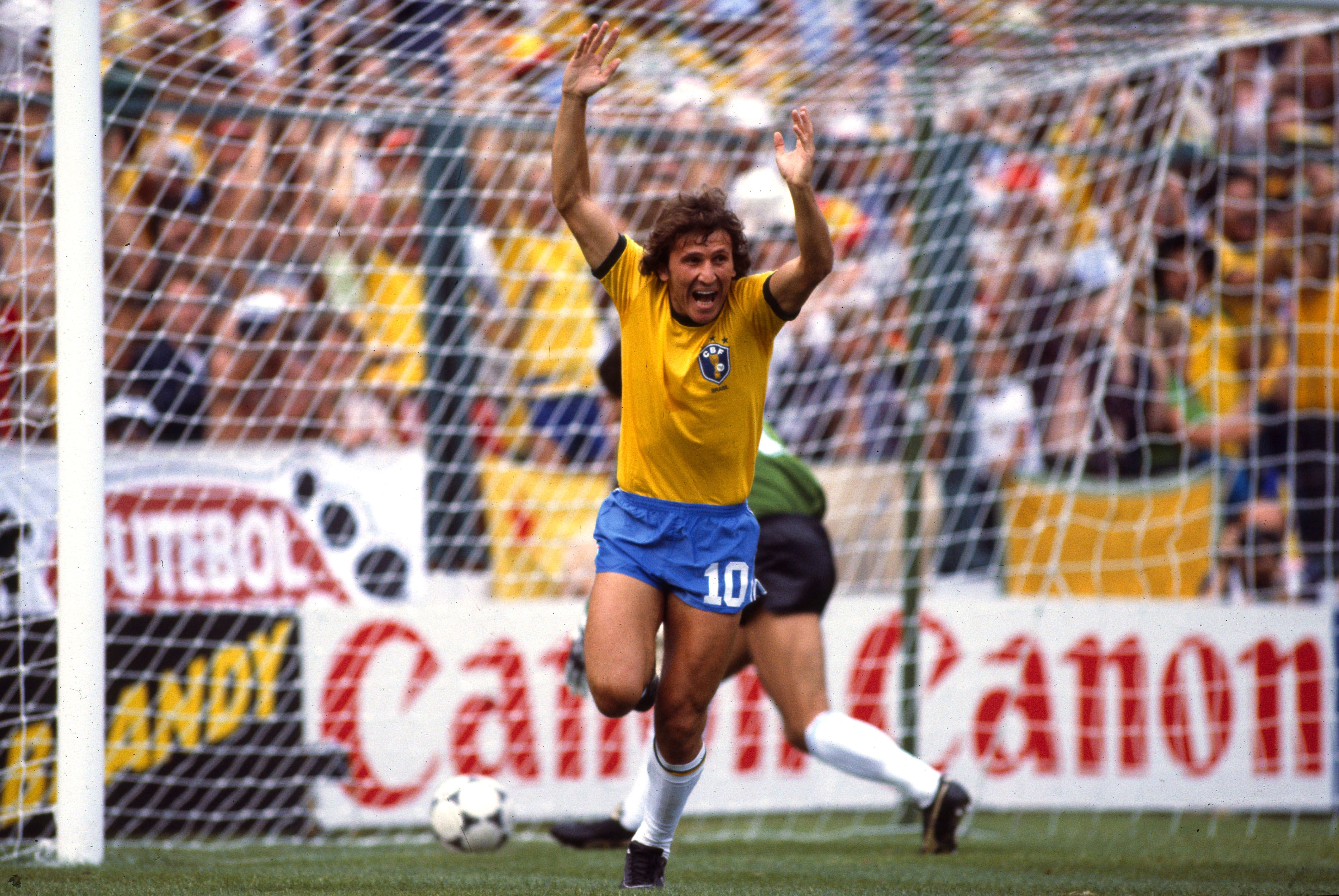
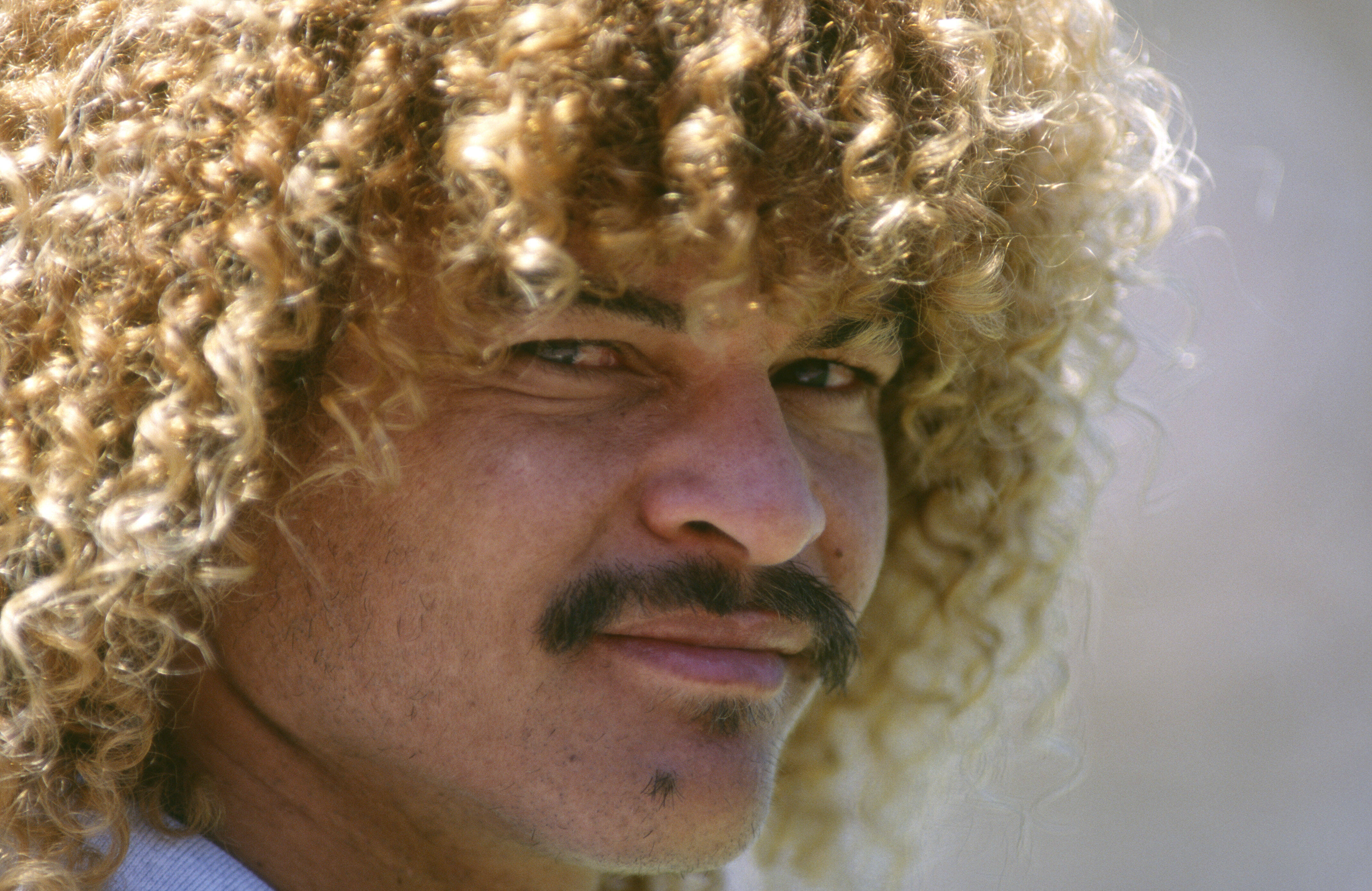
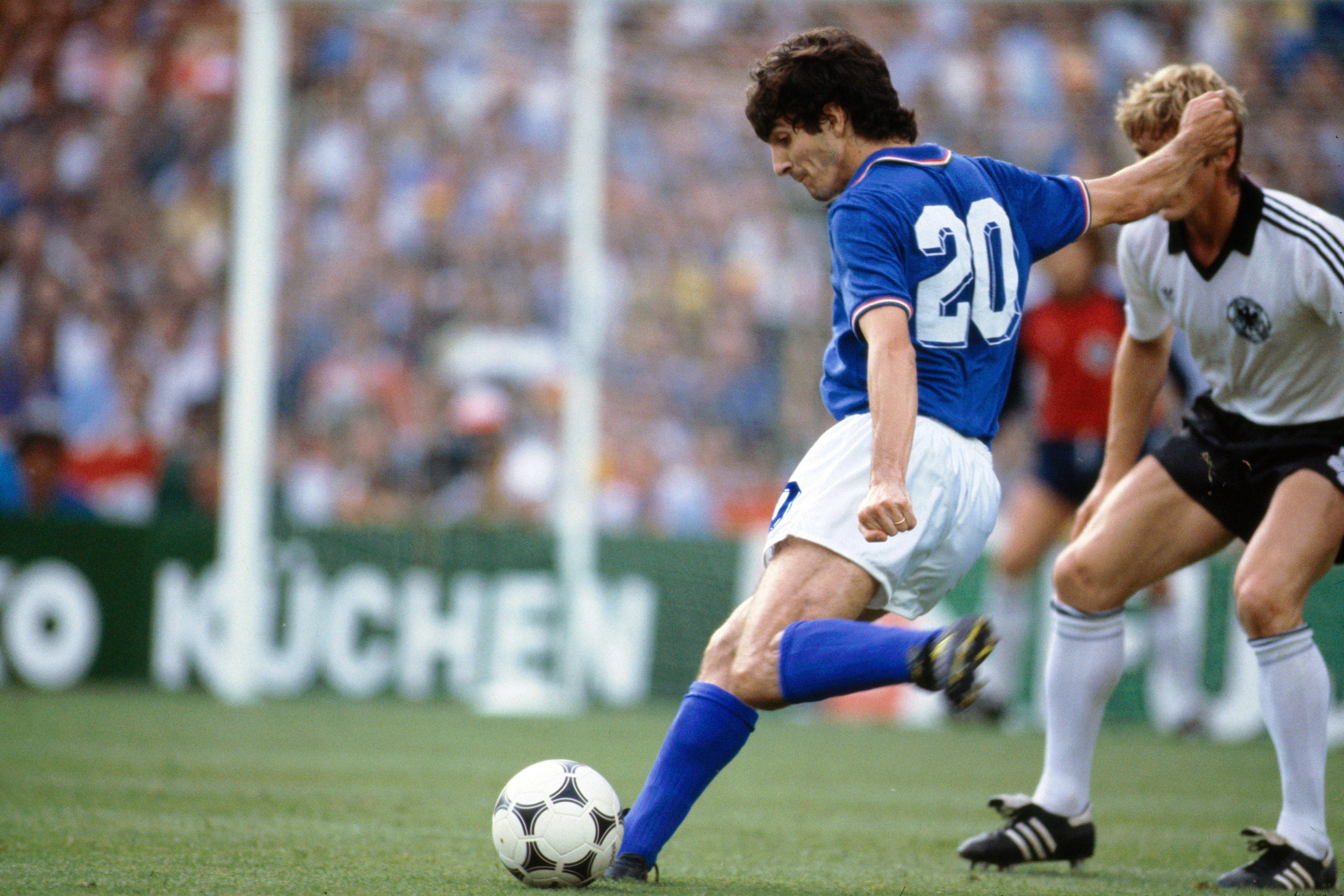
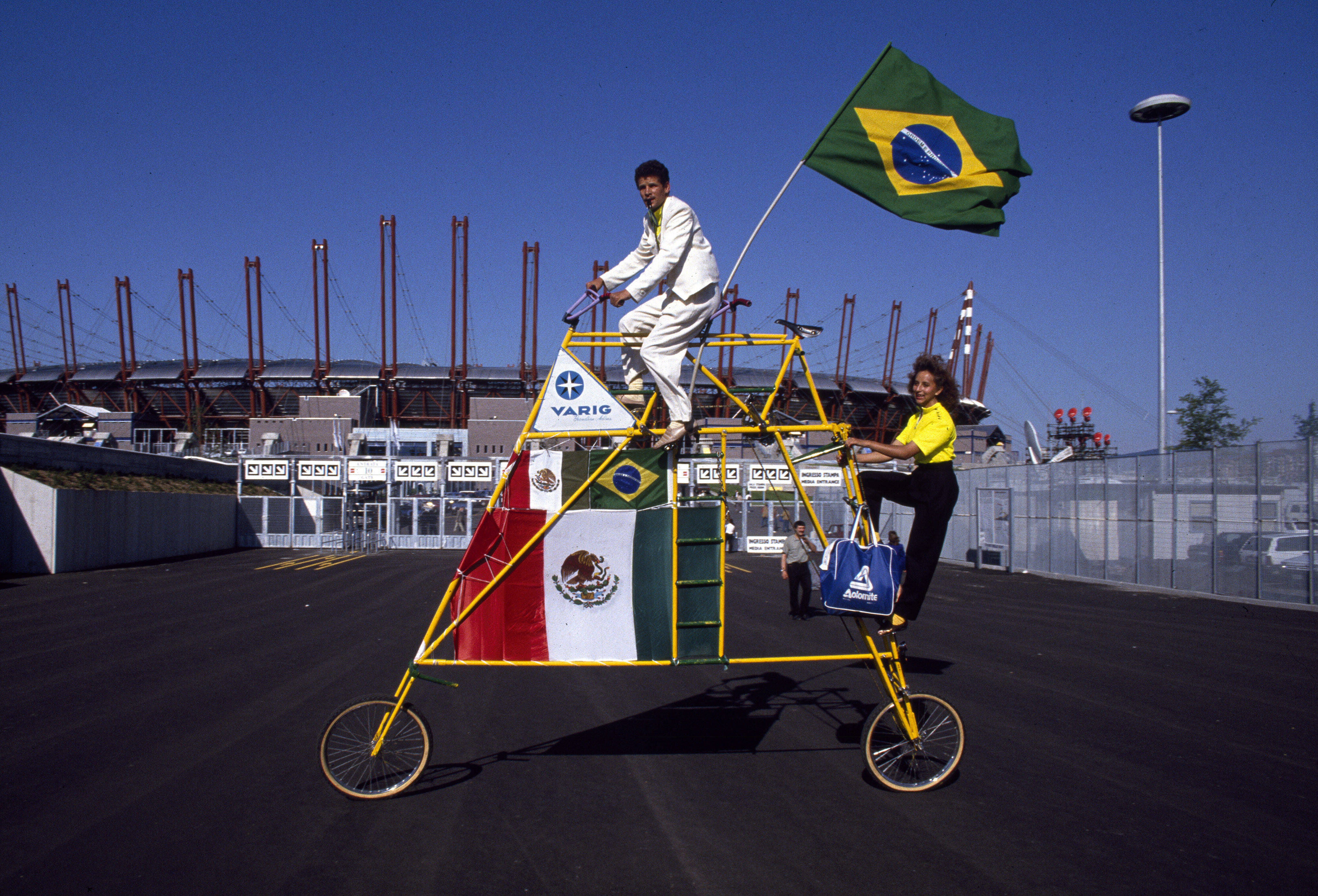
How has your work in sports photography evolved over the years? What changes has the profession gone through?
My work throughout the 1980s was mainly shooting individual players, full in the frame, shot on slide film using manual focus. This was something I was good at and it earned me a decent living as not many photographers were capable. Then autofocus technology made this type of image easier to take and colour negative film became widely used and exposure was not so critical. This led me to take more imaginative photos, that hopefully would tell a story of the match, involving the supporters and the stadium. Despite the current digital cameras making it difficult to miss any incident there is still the need to have that eye for a picture and certain photographers still stand out above the rest.
Can you describe your work process before shooting at a FIFA World Cup event?
I was never one for arriving early to a match with a game plan, I preferred to rely on instinct. There was always this mad idea that England could do well in each tournament but once the team had gone home, I found that I could relax and just shoot interesting football photos.
What skills does it take to be a professional sporting event photographer? What do you aim to capture in each match?
I’m tempted to say that some photographers want to capture the same photo from each match, the scorer of a goal sliding on their knees towards the camera. This shot means nothing to me. It would be good to think that I will take a photo that people will remember in 10,20,30 years’ time.
What are you currently working on and what is upcoming this year?
I’m currently working on a plan to stop photographing football and retirement but I’m not doing very well on that project. As there is no summer World Cup, I’d like to go up to Scotland and photograph some early matches in the Scottish League Cup at places I knew as a child, only from hearing the football results on the radio; Arbroath, Alloa, Cowdenbeath, Dunfermline, Montrose and Stenhousemuir.
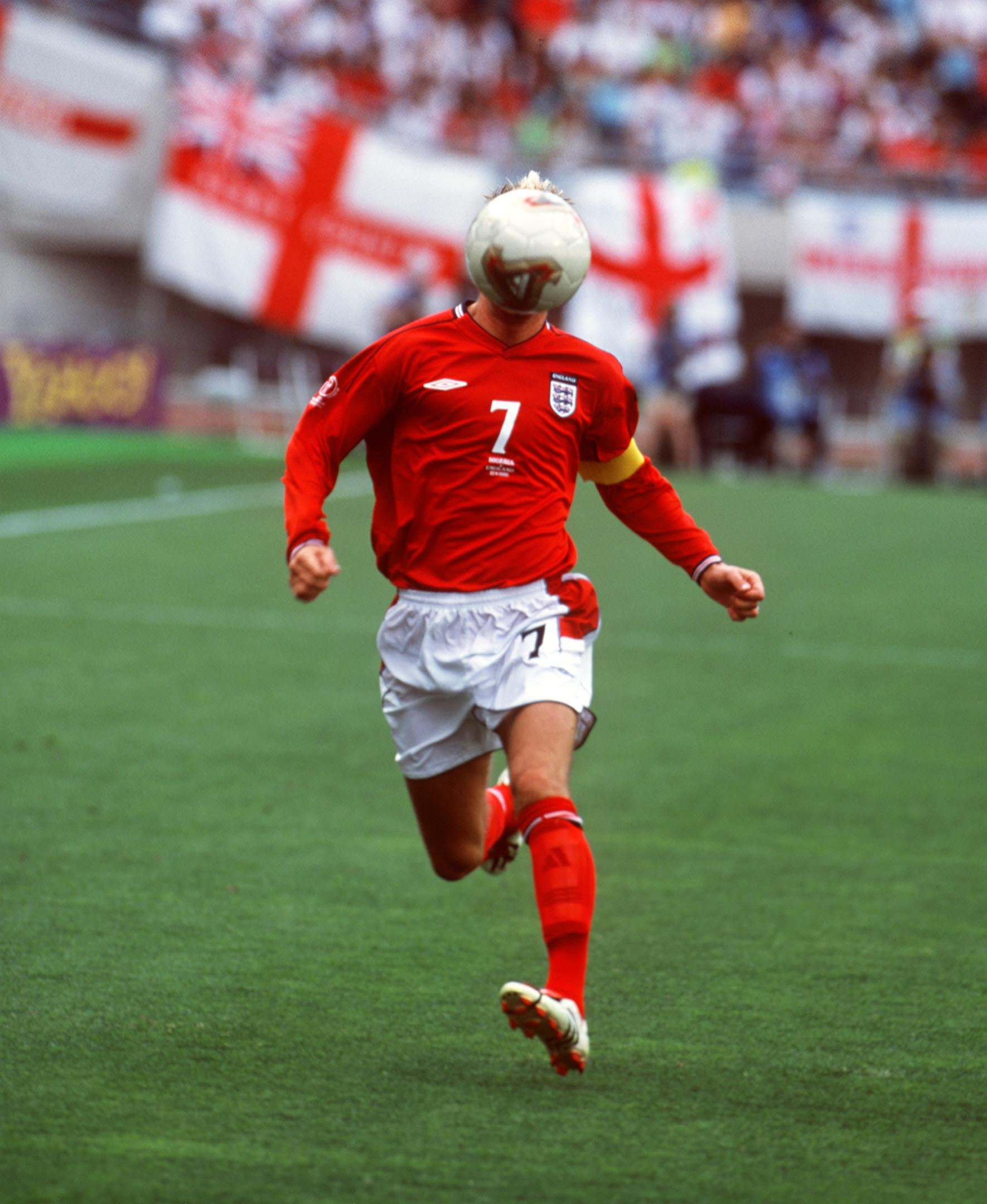
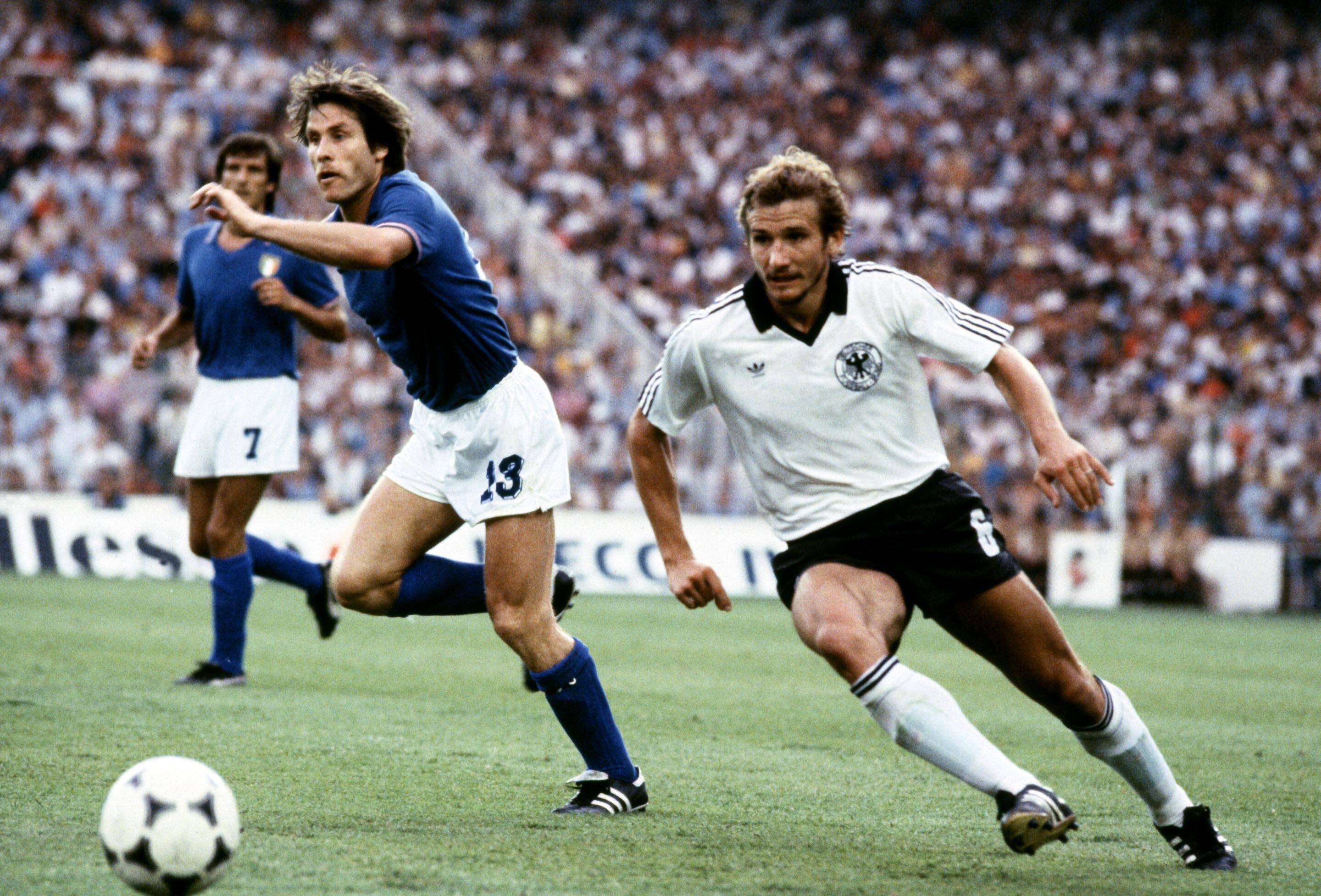
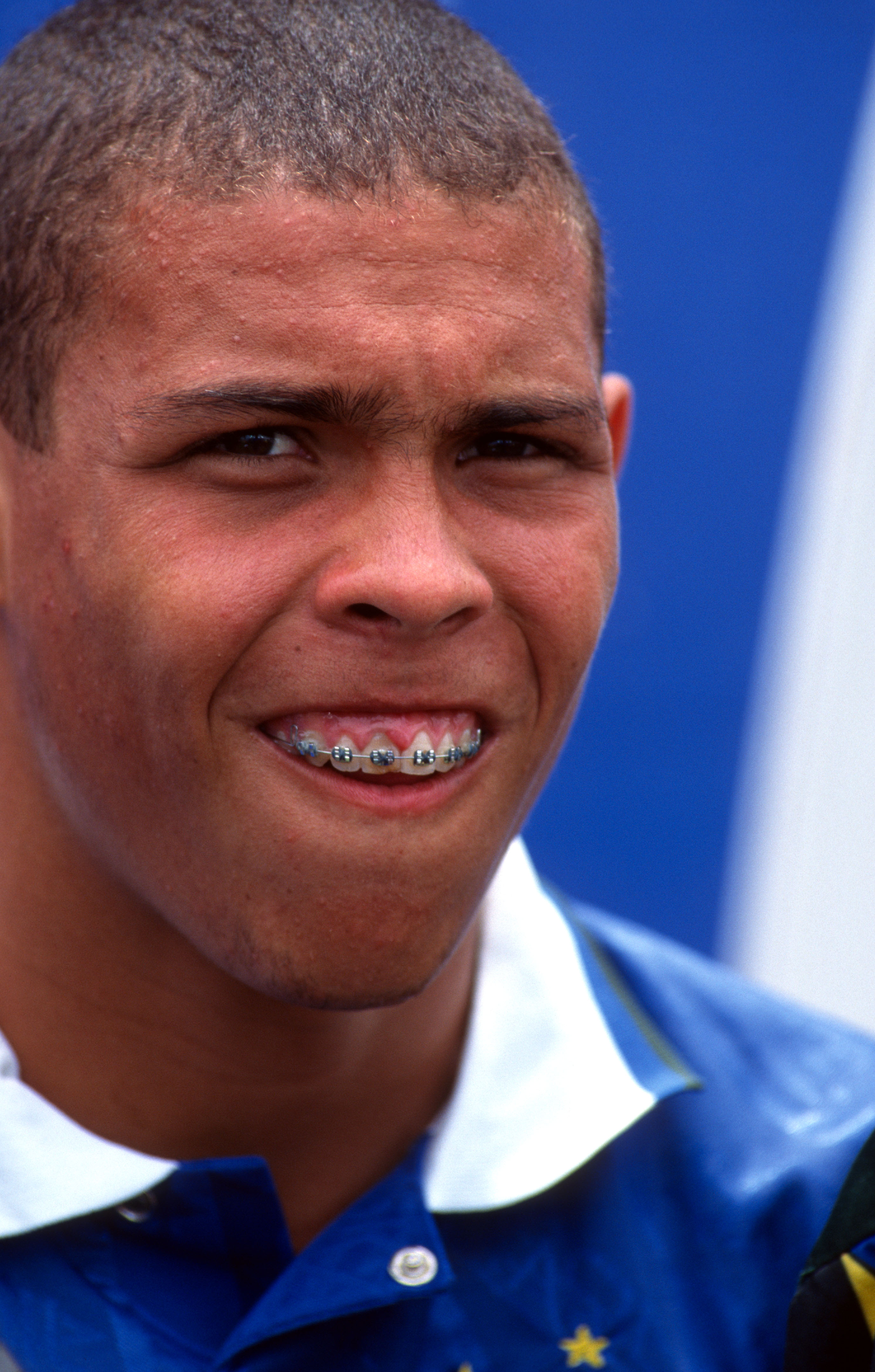
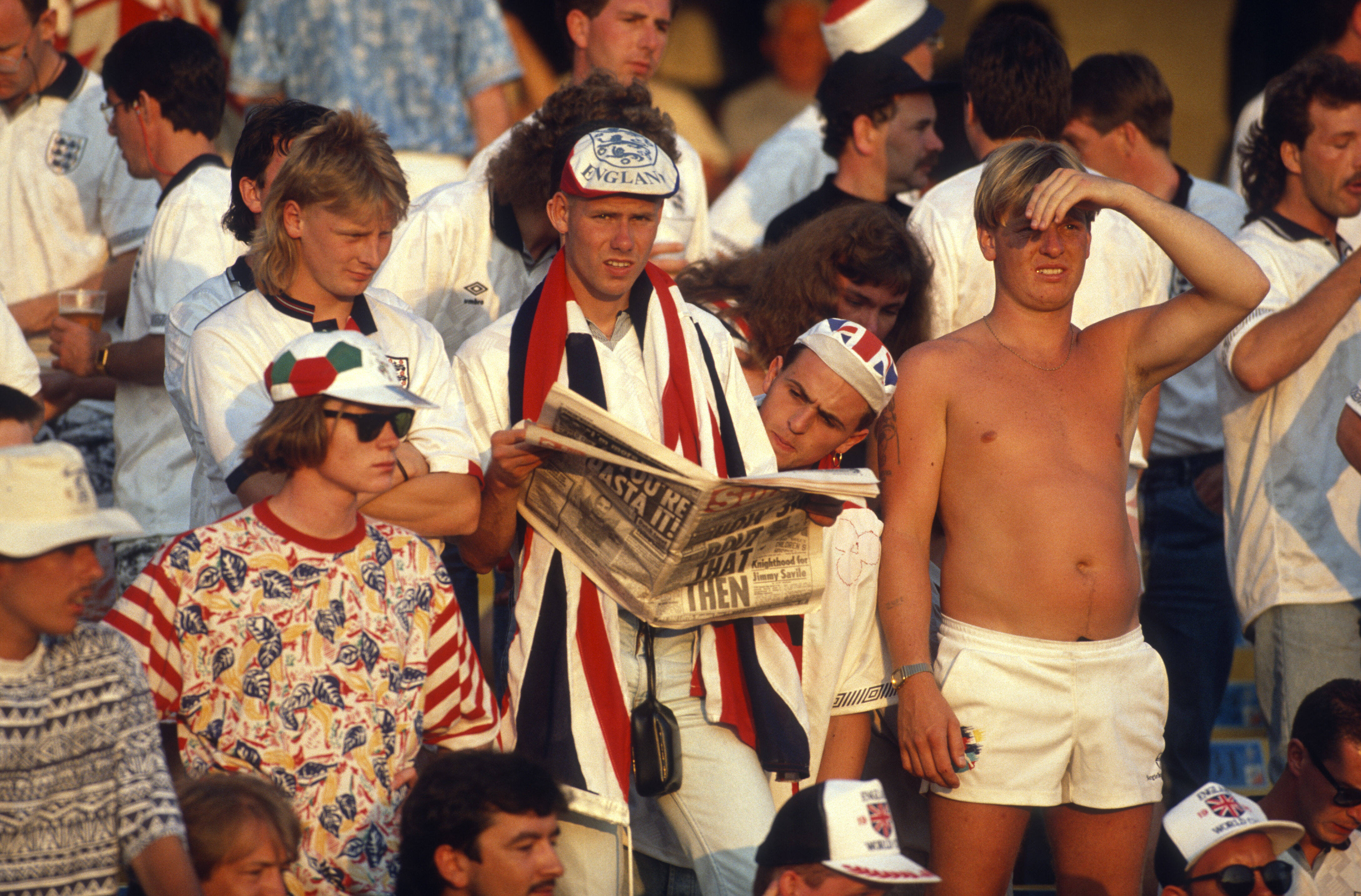
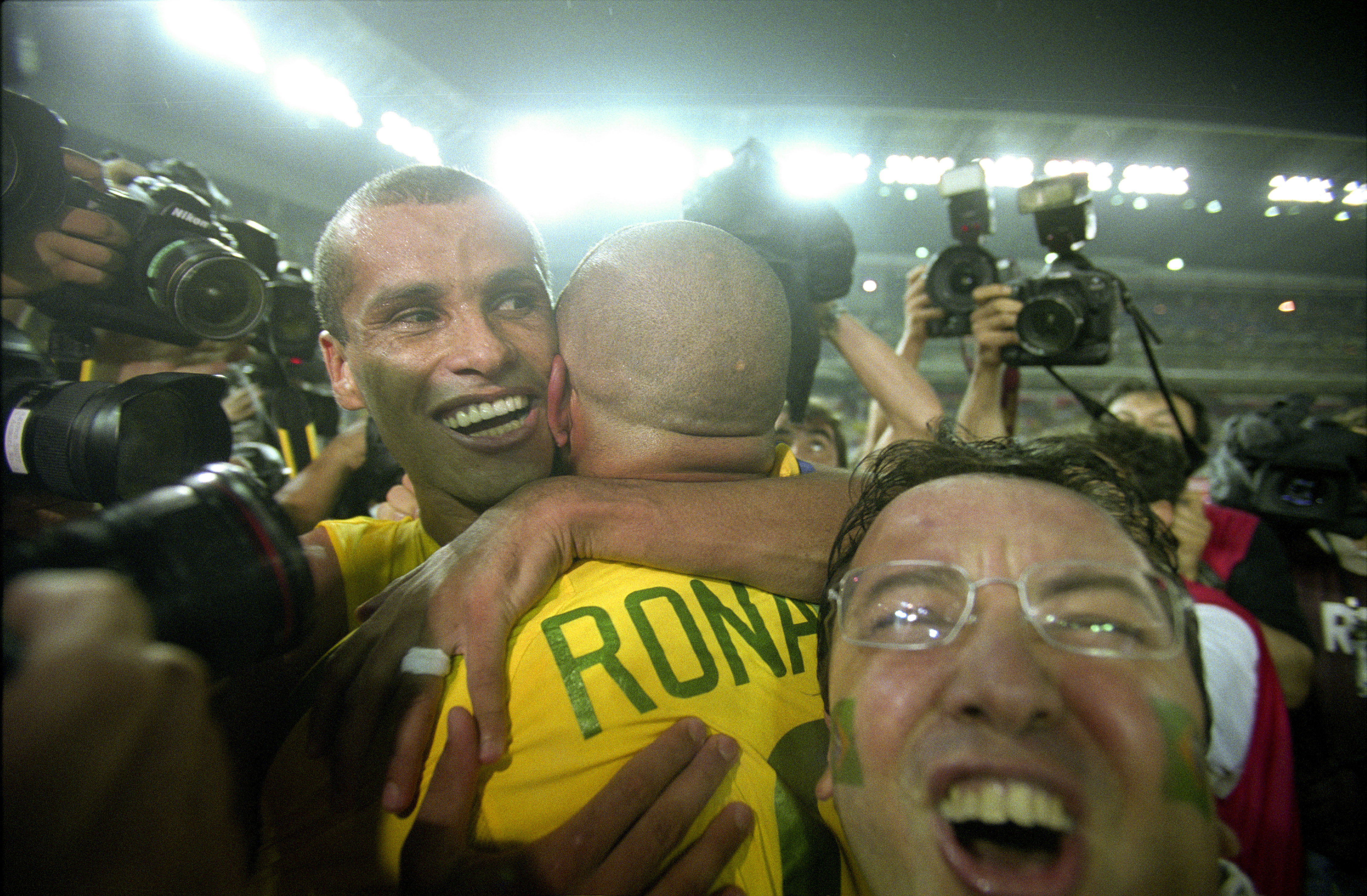
All photos by Mark Leech of Offside Sports Photography.


